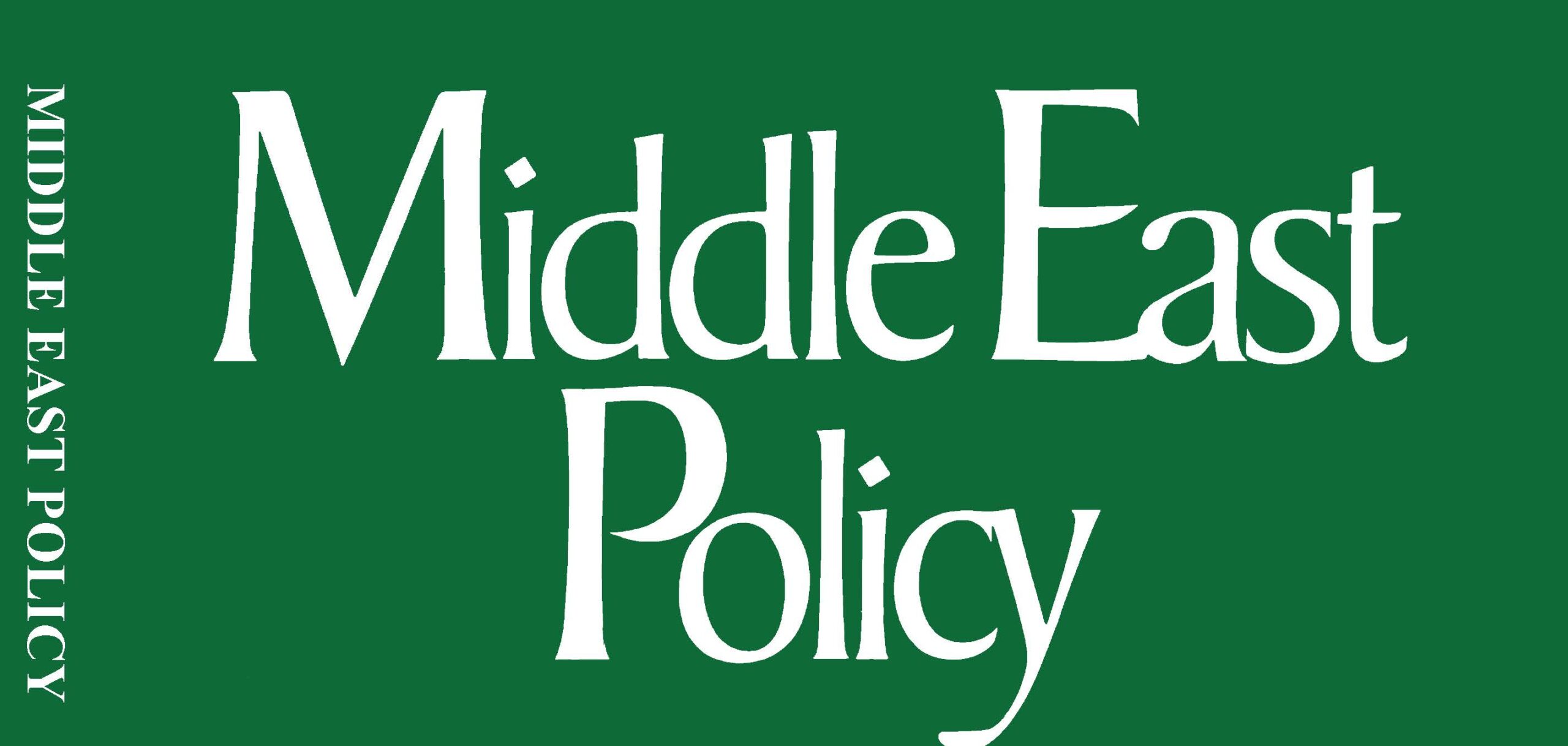Syrian President Bashar al-Assad’s shocking ouster in December 2024 must lead to a re-evaluation of Turkey’s influence in the region, Şaban Kardaş argues in Middle East Policy. “Despite its domestic and foreign-policy problems,” he writes, Ankara “remains a major regional power with the strength to realize strategic choices at a tolerable cost.” The article in the Spring 2025 issue is available for free, even for readers without a subscription.
Kardaş, a research professor at the Gulf Studies Center of Qatar University, shows how Turkey recalibrated from an early quest for regime change in Syria to a policy of stabilizing opposition-controlled areas. Ankara turned its focus toward border security and restricting Kurdish autonomy, and it engaged with Russia and Iran—despite their support for Assad—to freeze the conflict. This reflected Turkey’s “strategic patience, flexibility, and pragmatism,” Kardaş says. The result was an “unstable equilibrium” that fostered the conditions for the opposition group Hayat Tahrir al-Sham to take Damascus several years later.
Kardaş concludes by identifying three key roles that Turkey now plays in the “new Syria”: enabler, state builder, and protector. Ankara is leveraging ties with opposition groups and regional actors to manage the transition and prevent state collapse. It is shaping the nascent institutions and guiding reconstruction efforts. And it is deeply involved in Syria’s security landscape, maintaining a military presence in border regions, deterring external intervention, and ensuring Kurdish groups do not carve out further autonomy. But Kardaş ends with a note of caution: “Ankara should avoid a patron-client relationship with the new administration in Damascus and forge the appropriate regional and international alignments.”
In addition to Kardaş’s analysis, the 163rd issue of Middle East Policy is anchored by Rob Geist Pinfold’s open-access “Myth Busting in a Post-Assad Syria.” It further examines Iran’s and Saudi Arabia’s confusing approaches to the Gaza War, and whether China has fundamentally shifted its relationship with Israel (also free for all readers). The journal then takes a deep dive into Saudi Arabia’s potential security deal with the United States, including Israel’s reaction to a proposed Saudi nuclear capability, the China factor that motivates Washington’s pursuit of an accord, and whether the region could become a WMD-free zone. And we analyze peace building in postwar Yemen, demographic change and social cohesion in Iraq after the war against ISIS (open access), and Pakistan’s security challenges since the Taliban’s takeover in Afghanistan.
Readers can find the Winter 2024 issue through this link, featuring M.T. Samuel’s analysis of the Gaza war and Palestinian dispossession. The journal’s special releases on the post-October 7 conflicts, Israel’s Wars and The Gaza War, remain vital sources.
Middle East Policy, Spring 2025
SYRIA, GAZA, AND STIRRINGS OF A NEW ORDER
Myth Busting in a Post-Assad Syria (open access)
Rob Geist Pinfold
Turkey’s Long Game in Syria: Moving beyond Ascendance (open access)
Şaban Kardaş
Saudi Arabia and Iran: Spoilers or Enablers of Conflict?
Banafsheh Keynoush
Out of Proportion: Israel’s Paradox in China’s Middle Eastern Policy (open access)
Yitzhak Shichor
THE US-SAUDI PACT AND NUCLEAR SECURITY
How to Address the Saudi Nuclear Program? An Israeli Dilemma
Niv Farago
The China Factor in US-Saudi Talks for a Defense Pact
Ghulam Ali, Peng Nian
Negotiating the Impossible? A WMD-Free Zone in the Middle East
Robert Mason
CIVIL WARS AND THEIR AFTERSHOCKS
Local Participatory Development Models for Postwar Reconstruction in Yemen
Asher Orkaby, Afrah Al-Ahmadi
Demographic Change and Social Cohesion in Post-Islamic State Iraq (open access)
Omran Omer Ali, Nazar Ameen Mohammed, Aurélie Broeckerhoff
The Taliban-TTP Nexus and Pakistan’s Rising Security Challenges
Shahid Ali, Raj Verma
BOOK REVIEWS
Florian Weigand, Waiting for Dignity: Legitimacy and Authority in Afghanistan
Reviewed by Sajjad Ahmed
Karel Černý, Instability in the Middle East: Structural Changes and Uneven Modernisation 1950–2015
Reviewed by Alper Çakır
Biden’s Gaza Failure, the Syrian Revolution, and the Folly of US Middle East Policy
Review essay by A.R. Joyce
